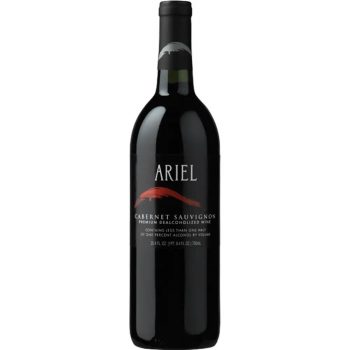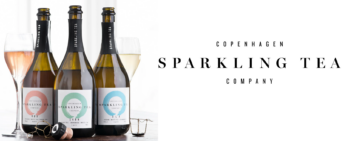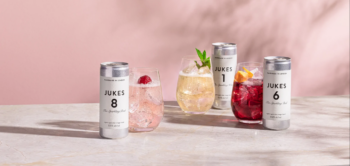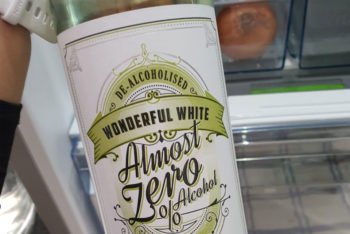ARIEL Vineyards Cabernet
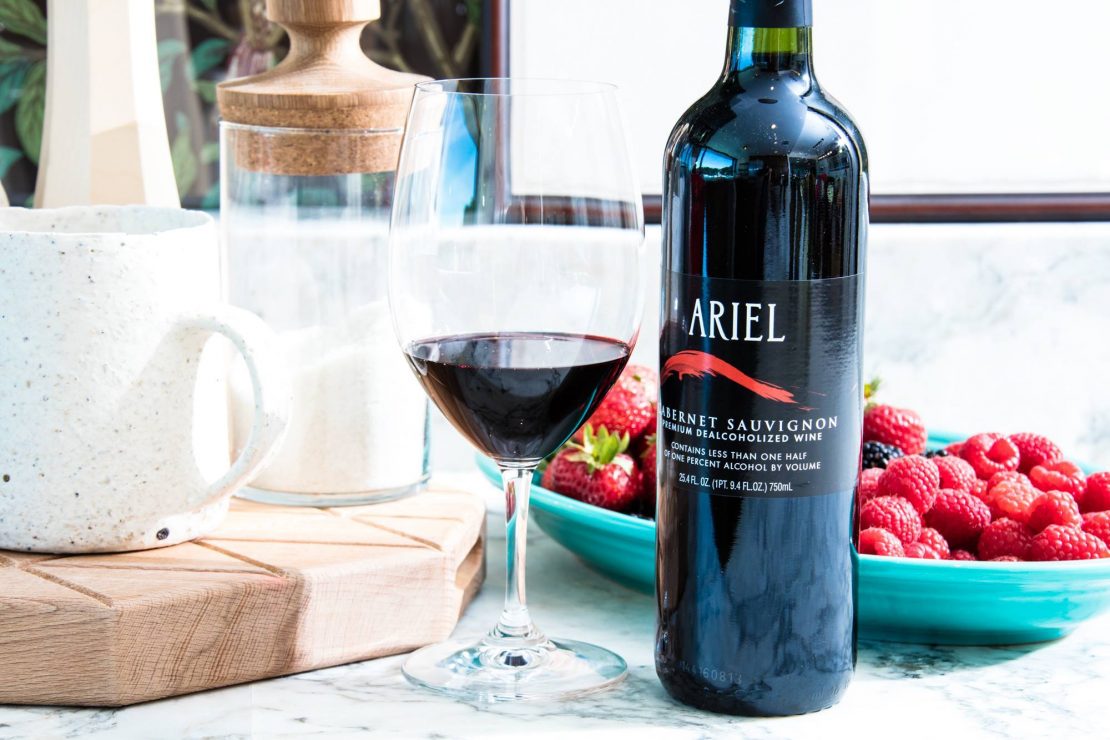
ARIEL Vineyards Cabernet
Cabernet Sauvignon / Ariel Vineyards NA / <0.5%
Rich in color and flavor, this oak-aged Cabernet Sauvignon offers aromas of blueberries, blackberries, black pepper and chocolate, with a hint of toasty oak, soft tannins and a dry finish.
Wine has become a massive industry in the United States, and one of the most popular regions in the country for wine to come from is the San Francisco Bay Area. You have Sonoma and Napa to the north and the Santa Cruz mountains to the south. Up until recently, most of these wines contained alcohol, typically somewhere between 10-15 percent. But a new realm of non-alcoholic wine has popped up, and some of it is still coming from that world-famous region.
ARIEL Vineyards bottles their wine in San Jose, California and sources their fruit from just south down the Pacific Coast. The company has actually been producing dealcoholized wine for decades, which has positioned them well for the recent uptick in demand for wine that has all of the flavor without any of the negative effects of alcohol. Still, ARIEL only produces two varietals, a Cabernet Sauvignon and a Chardonnay.
Unlike something like NA beer, wine is said to have tangible health benefits related to the antioxidants it contains, so it only makes sense to remove the harmful ingredient and give consumers the opportunity to continue reaping the positive perks. In addition to the lack of alcohol, this offering contains just 52 calories per eight-ounce serving. This is considerably less than your average Cabernet Sauvignon and just adds to the positive health aspects.
ARIEL is a pretty well-known name in this sphere, and Cabernet Sauvignon is one of my favorite varieties of red, so I was excited to pop the cork on this 2019 bottle and formulate an ARIEL Vineyards Cabernet Sauvignon review. It turns out that excitement may have been misplaced.
Is ARIEL Vineyards Cabernet Sauvignon Good?
At first glance, I could easily be fooled into thinking this was a high-end alcoholic Cabernet. The bottle has an elegant black label with a beautiful font and a single red brush stroke across it. It is clearly labeled up front as a “premium dealcoholized wine” that contains less than 0.5 percent alcohol by volume.
The back of the bottle explains that this is the only dealcoholized wine that has stood up and won a gold medal against traditional wines that contain a normal amount of alcohol. This is obviously an encouraging sign and probably a convincing note when people new to this world are perusing the shelves.
Further research on their website shows that they are very proud of the way this wine has rated in those types of tasting competitions, as well as the fact that it has been around longer than almost any other dealcoholized wine. The vineyard also seems to do a lot in terms of sustainability, from solar power to limited chemical use.
In the bottle, the wine appears a nice deep red, entirely opaque. Up to this point, everything seems to be in line with a quality Cabernet Sauvignon. But, as we all know, looks can be deceiving. Opening the bottle and sampling the contents is the only way to answer the question, “Is ARIEL Vineyards Cabernet Sauvignon good?”
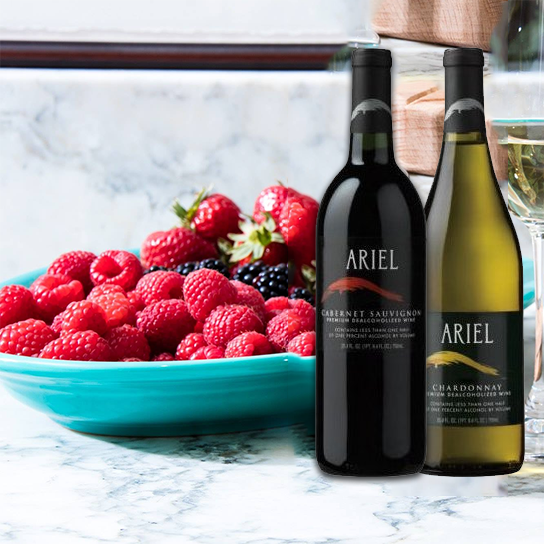

ARIEL Vineyards Cabernet Sauvignon Review
Poured into a glass, this wine maintains its beautiful color and appearance, and the nose does nothing to give away the fact that it is dealcoholized. There is an aroma that I associate with dryness, though I’m not entirely sure what that scent actually is. The predominant note that I get on the nose is black cherry. There are also some hints of chocolate and berries, mostly blueberry. Could the taste live up to the aroma?
Only very briefly. The first flavors on your lips follow from the nose quite accurately. The dryness is there, along with the black cherry and blueberry. But all of it fades so quickly that it almost seemed like a trick that my tongue was playing on me. What ends up coming through is plain old grape juice.
It’s disappointing because everything leading up to this gave the impression of a solid Cabernet with a nice full flavor profile, but it refuses to persist. Consequent sips result in the same phenomenon, a fleeting satisfaction that is immediately replaced by wanting.
As can be the case with many dealcoholized red wines, the removal of the key ingredient ends up tempering the richness of flavor as well as the dry mouthfeel. What results is a sweeter, juicier liquid that isn’t offensive but is also far from what you expect from a Cabernet.
This wine has so much good leading up to the tasting, but it is all washed away in one sweeping instant. If it were possible to freeze time, this review might end with a higher grade, but I must take the whole experience into account when coming up with my ARIEL Vineyards Cabernet Sauvignon rating. And, when it comes to wine, the ending can easily ruin everything that came before it.
ARIEL Vineyards Cabernet Sauvignon Rating
I can only think of one scenario where this wine would come in handy. That is if you are attempting to fool people into thinking you are actually drinking wine. If you are seeking out something that still tastes like a high-quality wine despite having the alcohol removed, this is not a great option. The flavor is far from repulsive, so if you enjoy the taste of grape juice it isn’t as if it will be undrinkable. After the first moment on your lips It simply doesn’t taste like wine and most definitely not Cabernet.
As far as I understand the process, a regular Cabernet is created, and from there the alcohol is simply removed through reverse osmosis. So it is difficult to nail down exactly where the misstep occurs. Is the original wine not good itself? Does the process of removing alcohol also remove other important ingredients and consequently dilute the flavor to this degree? Other vineyards have figured it out, so I can’t imagine it’s an unsolvable problem. This offering just falls flat. Regrettably, I have to wrap up this ARIEL Vineyards Cabernet Sauvignon review by giving it a rating of 2 out of 5 stars. For a grape juice, it’s fine. For a wine, it’s more than disappointing.
Photos credit:
https://www.godpsmusic.com/
https://www.arielvineyards.com/

